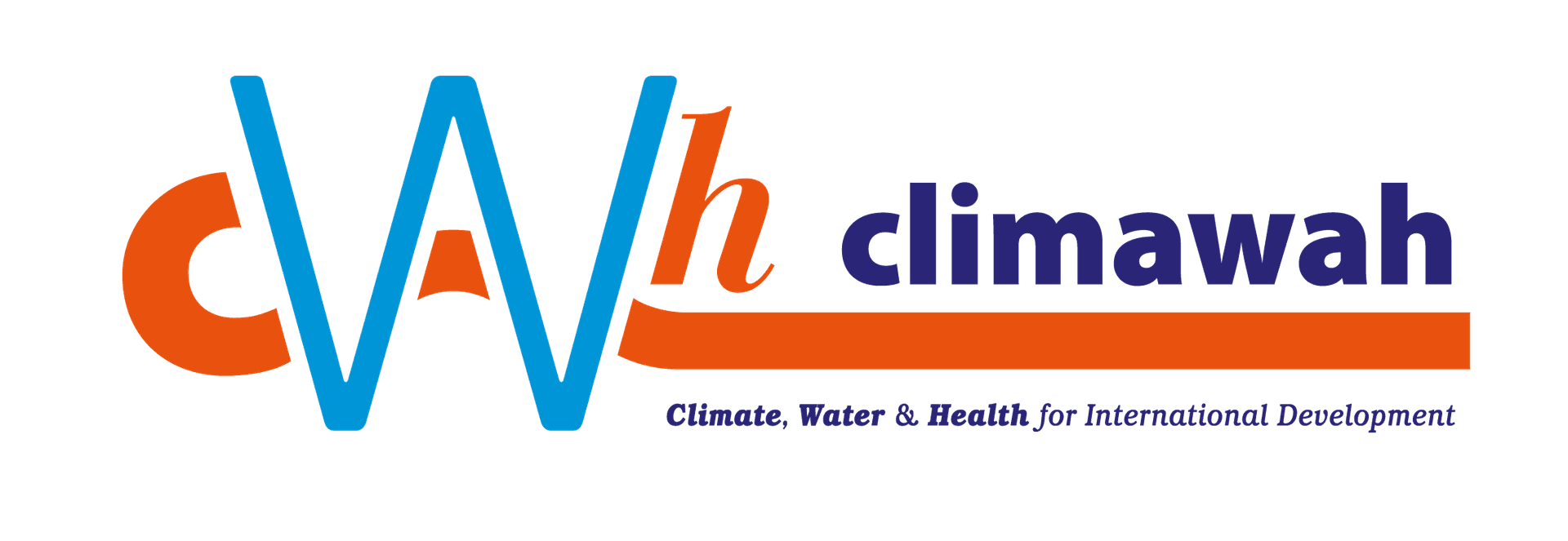Healthcare System Strengthening
We work to enhance the resilience and adaptability of healthcare systems in the face of extreme climate-water events. Our efforts include:
- Identifying vulnerabilities in existing healthcare infrastructure.
- Developing strategies to improve preparedness for climate-water-related health emergencies.
- Enhancing healthcare systems in resource-limited regions through integrated research findings.
Building Climate-Water-Resilient and Equitable Healthcare for All
ClimawaHealth's healthcare system strengthening service provides comprehensive and tailored solutions to enhance the capacity of healthcare systems to effectively address the health challenges posed by climate-water threats. We work with governments, healthcare providers, and communities to build resilient, equitable, and sustainable healthcare systems that can protect the health and well-being of all populations in the face of a changing climate.
Why is Healthcare System Strengthening Critical in the Age of Climate-Water Threats?
Climate-water threats are placing unprecedented strain on healthcare systems worldwide. Extreme weather events, changing disease patterns, and increased environmental exposures are all demanding greater capacity and adaptability. Strengthening healthcare systems is essential for:
Improving Health Outcomes
Reducing the incidence and severity of climate-water related illnesses and injuries.
Enhancing Preparedness
Enabling healthcare systems to respond effectively to climate-water-related emergencies and disasters.
Promoting Equity
Ensuring that vulnerable populations have access to the healthcare services they need.
Building Resilience
Creating healthcare systems that can withstand the impacts of climate-water threats and continue to provide essential services.
Optimizing Resource Use
Improving the efficiency and effectiveness of healthcare delivery.
Sustainable Development
Fostering health care systems that operate in tandem with the long-term environmental needs of the communities they operate in.
What Does Our Healthcare System Strengthening Service Involve?
Our approach is data-driven, participatory, and context-specific. We combine expertise in public health, healthcare management, climate-water science, and community engagement to develop solutions that are both effective and sustainable.
Healthcare System Strengthening Service
Key components of our service include:
Situation Analysis and Needs Assessment
- Conducting a comprehensive assessment of the current state of the healthcare system, including its strengths, weaknesses, opportunities, and threats (SWOT analysis).
- Identifying key climate-water-related health risks and vulnerabilities.
- Assessing the capacity of the healthcare system to address these risks.
Stakeholder Engagement and Consultation
- Engaging with key stakeholders, including government officials, healthcare providers, community leaders, and patients.
- Soliciting their perspectives on the challenges and opportunities for strengthening the healthcare system.
Policy and Planning
- Developing policies and plans to integrate climate-water threats considerations into healthcare planning and decision-making.
- Setting clear goals and targets for improving the resilience of the healthcare system.
Infrastructure Development
- Investing in climate-resilient healthcare infrastructure, such as hospitals and clinics that can withstand extreme weather events.
- Improving access to clean water, sanitation, and energy in healthcare facilities.
Workforce Development
- Training healthcare providers on climate-water-related health risks and adaptation strategies.
- Expanding the healthcare workforce to meet the growing demand for services.
Service Delivery Improvement
- Improving the quality and accessibility of healthcare services, particularly for vulnerable populations.
- Integrating climate-water change considerations into clinical guidelines and protocols.
Supply Chain Management
- Ensuring a reliable supply of essential medicines and medical supplies, even during climate-water-related emergencies.
- Developing strategies to reduce the environmental impact of the healthcare supply chain.
Information Systems and Surveillance
- Strengthening health information systems to track climate-water-related diseases and injuries.
- Developing early warning systems to detect and respond to outbreaks of climate-water-sensitive diseases.
Financing Mechanisms
- Identifying sustainable financing mechanisms to support healthcare system strengthening efforts.
- Advocating for increased investment in climate-water-resilient healthcare.
Community Engagement and Empowerment
- Engaging communities in the design and implementation of healthcare system strengthening initiatives.
- Empowering communities to take action to protect their own health and well-being.
Partnerships and Collaboration
- Building partnerships with other organizations and sectors to promote a coordinated approach to climate-water threats and health.
Specific Areas of Focus for Healthcare System Strengthening:
Emergency Preparedness and Response: Developing plans to respond effectively to climate-water-related emergencies, such as heatwaves, floods, and storms. Infectious Disease Control: Strengthening surveillance and control programs for climate-water-sensitive infectious diseases, such as malaria, dengue fever, and cholera. Water, Sanitation, and Hygiene (WASH): Improving access to safe water, sanitation, and hygiene services in healthcare facilities and communities. Mental Health Support: Providing mental health services to address the psychological impacts of climate-water threats, such as anxiety, depression, and post-traumatic stress disorder. Nutrition Security: Ensuring access to adequate and nutritious food, particularly for vulnerable populations.

